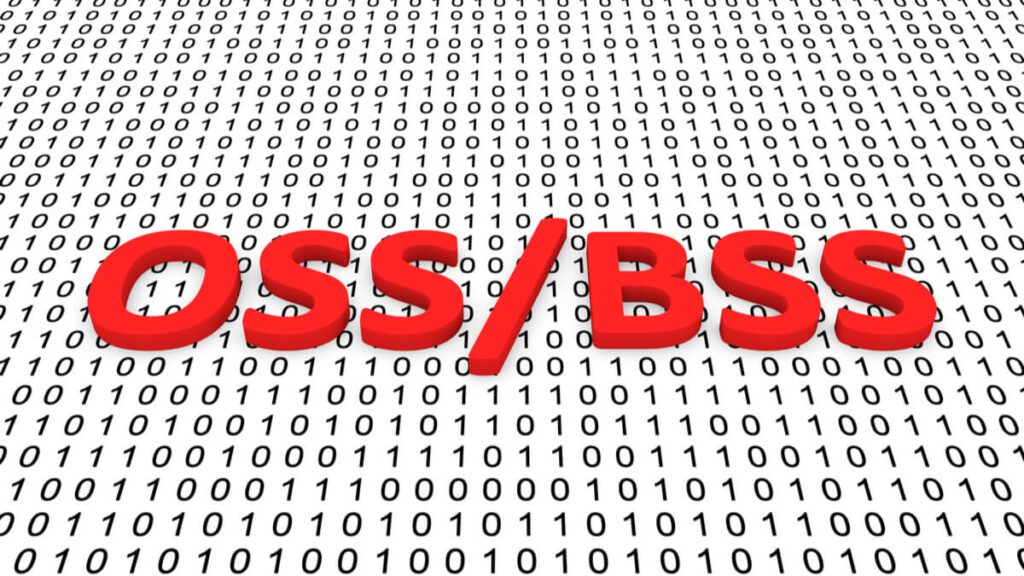
There is often much confusion among youngsters in the telecoms industry around OSS and BSS systems. What’s the difference? What are they used for? And how will they change as times goes on?
First off, lets start from the beginning. OSS and BSS are the backbone of telcos as they refer to two sides of the same profitable coin.
OSS: Operational Support Systems
OSS focuses more on the, well, operational side of things. It refers to the actual infrastructure that makes up the network architecture, and the tools and softwares used to manage it. The softwares and tools are specialized for monitoring network status and performance, configuration and analysis of core network and radio operations systems. Within the scope of OSS are also service provisioning, fault management, network inventory, and service assurance.
In layman’s term, it refers to operations within the telco usually taking place from a centralized office.
BSS: Business Support Systems
On the other side of the coin, the money side, we have BSS.
Bill processing, charging, taking orders, subscriptions, and push notifications all fall under BSS. It focuses on customer requirement and is mainly handled by front end staff such product, revenue, order, and customer managements.
What about today?
The telecoms industry never stops moving forward; what is standard practice today might be made obsolete within a year. As time goes on and telecommunications technology and digitization evolve at increasing rates, the distinction between OSS and BSS thins and blurs, BSS in particular.
5G, network splicing, and the cloudification of telco services may have the largest impact on those services that are closest to the user. Cloud solutions allow telcos to scale their output exactly to the degree needed. All those technologies along the line changed as a result.
The scalability, adaptability, and end-to-end capability of modern technologies may see OSS and BSS systems replaced by full scale end-to-end not just to the network, but all of it.